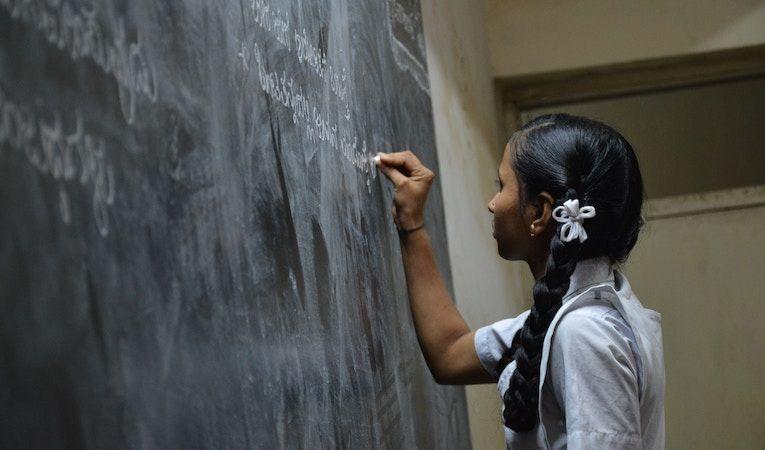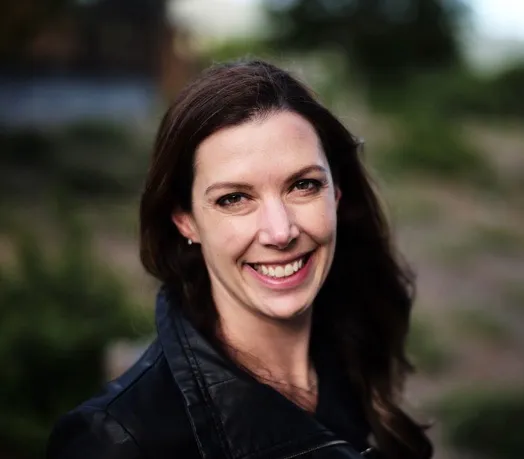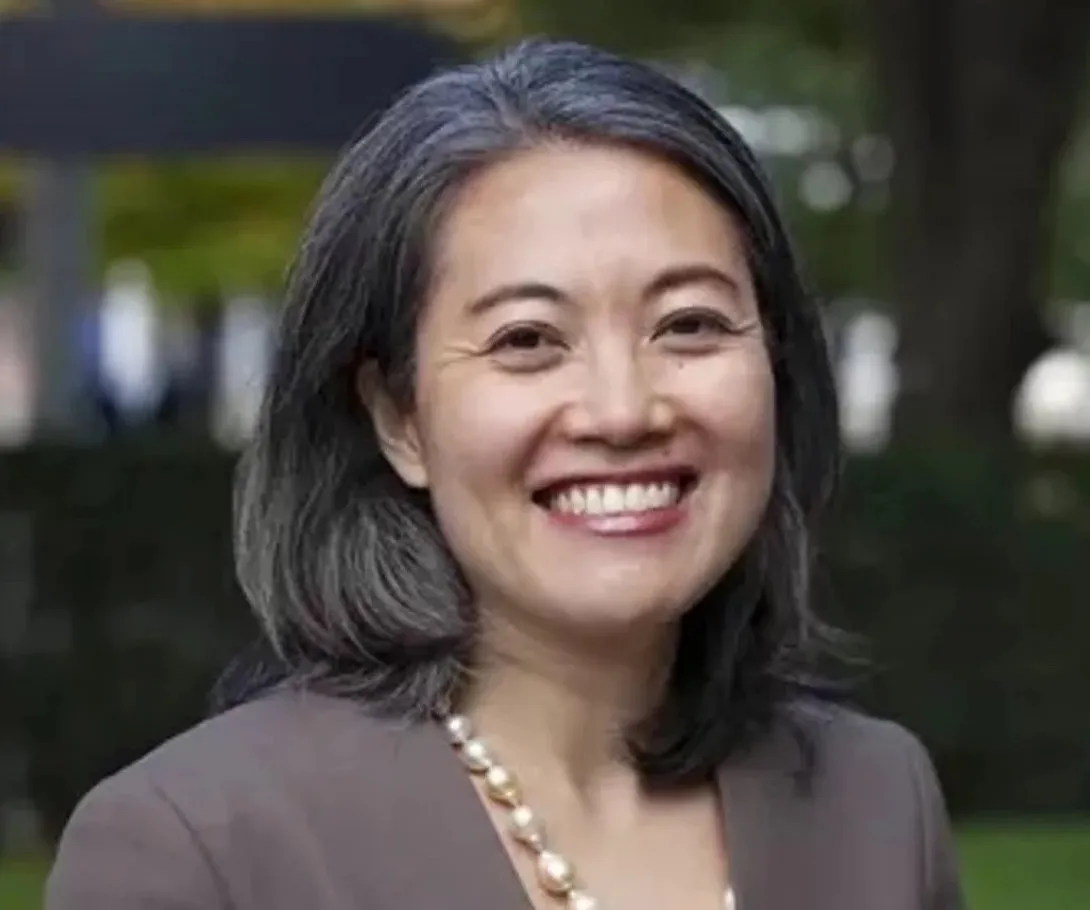
What works in education reform? A new database catalogs policies worldwide
Across the globe, policymakers looking to improve schooling pursue all kinds of educational reforms – policies aimed at changing, for instance, unequal access to education, how student achievement is assessed, or how schools are funded.
Sometimes these reforms are successful, improving students’ and families’ lives and society more broadly. Other times, the reforms end up being regarded as costly failures, poorly executed and driven by political interests. And reforms that work in one country may not be successful in another: Without knowing the context of a particular reform – factors like cultural values, economic inequality, or levels of democracy – it’s not easy to identify what might transfer effectively from one country to the next.
To help researchers better understand the effects of education policies around the world and the forces that drive these reforms, a team from Stanford Graduate School of Education (GSE) and the University of Toronto has developed a groundbreaking new research tool: the World Education Reform Database (WERD), the most comprehensive international database of education reforms currently available.
The database contains more than 10,000 policy changes enacted by 183 countries, mainly from the past 50 years. An early study drawing from the database, published last month in Sociology of Education, documents and explains declining numbers of education reforms in recent years. Future work will look at the content of reforms.
“Everything that gets talked about in education comes up in these reforms,” said Patricia Bromley, an associate professor at the GSE, who co-led the development of the database. “We hope this tool will bring a deeper understanding of the forces driving these reforms and their consequences, and that it contributes to strategic policymaking.”

Patricia Bromley
Filling a research gap
The idea for the project emerged several years ago from conversations between Bromley and Rie Kijima, MA ’03, PhD ’13, who was then interim director of the International Comparative Education/International Education Policy Analysis (ICE/IEPA) master’s program at the GSE.
Kijima had been exploring the effects of international assessments in shaping education policy, interviewing policymakers around the world who attributed waves of reform to the testing system. She consulted Bromley, who teaches on global education policy and the sociology of education at the GSE. “We wanted to look into how testing might generate waves of reform,” Bromley said, “but we realized there was no data out there to look at that question.”
The two set out to compile data on national policy changes around the world to help answer this research question, using techniques that Bromley had used in earlier research to code textbook content. “I thought we could apply a similar framework to pull information out of the reports that countries submit to international organizations,” she said.
They assembled a team of research assistants and collected more than 800 reports submitted to organizations such as the World Bank, the Organization for Economic Cooperation and Development (OECD), and UNESCO. GSE doctoral students Lisa Overbey, Minju Choi, Heitor Santos, and Jieun Song have been central in the process, training cohorts of undergraduate student researchers to use a coding system to compile the data on education reforms.

Rie Kijima
Bromley and Kijima, now an assistant professor at the Munk School of Global Affairs and Public Policy at the University of Toronto, didn’t initially plan for the data set to become a public-facing database. “But once we began presenting papers that we were starting to develop out of the data, we found there was interest in the database itself,” said Bromley. “People had so many ideas for how they could use it.”
By making the database freely available online, the team hopes researchers will further code the data to capture reforms about specific groups, revealing more about the distribution of these types of reforms around the world, how they may have changed over time, and their prevalence relative to other types of reforms.
Future versions of the database, Bromley said, will include more historical sources, a wider range of documents, and reforms from other databases and studies.
Learn more about and access the database, along with initial research studies developed with the data, at https://werd.stanford.edu.
Faculty mentioned in this article: Patricia Bromley



